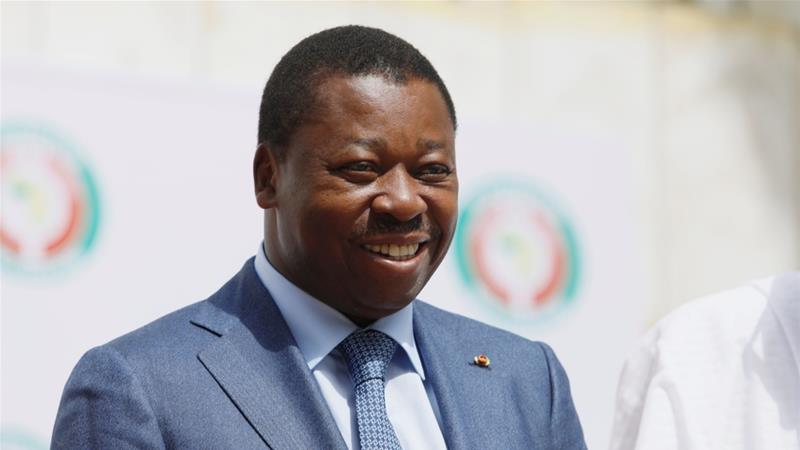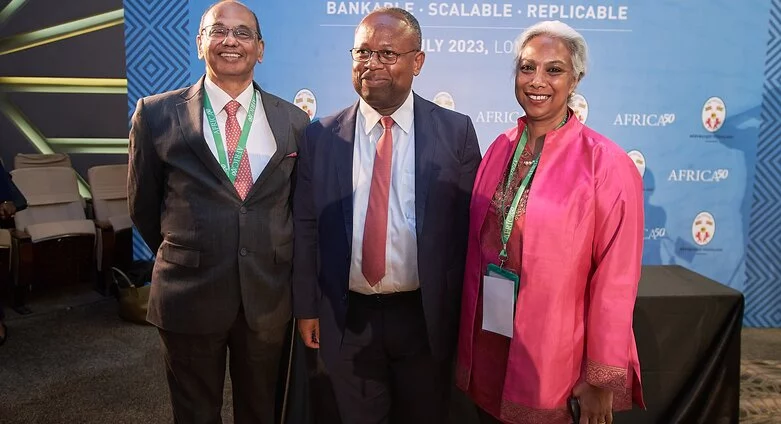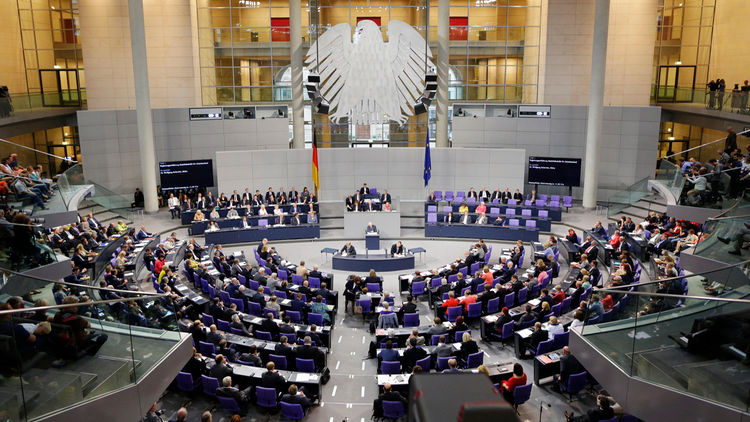Lawmakers in Togo have given final approval to a constitutional reform linked to presidential term limits and how presidents are elected, which some opposition politicians and civil society groups have denounced as a constitutional coup.
Togo’s parliament had already adopted the amendments on 25 March, but following a backlash by the opposition who fear the changes would allow President Faure Gnassingbe to extend his 19-year-rule indefinitely, the latter called for further consultations and a second parliamentary vote. Gnassingbe succeeded his father, Gnassingbe Eyadema, who seized power via a coup in 1967 and then ruled the coastal West African country for nearly four decades. The lawmakers approved the reform on Friday (19 April), just days before the 29 April legislative elections that had also been pushed back due to the issues around the constitutional amendments.
According to the new system, the president will no longer be elected by universal suffrage, but by members of parliament. The amendments also introduced a parliamentary system of government and shortened presidential terms to four years from five with a two-term limit. While the current constitution would only allow Gnassingbe to run for one last term in 2025, the amended constitution could enable Gnassingbe to stay in power until 2033, if re-elected in 2025, a highly likely scenario as his party controls parliament. In a statement on Saturday (20 April), an opposition coalition and other signatories described the latest vote in the National Assembly as “a coup d’etat”, saying the constitutional changes were a political maneuver to allow Gnassingbe to extend his tenure for life.



